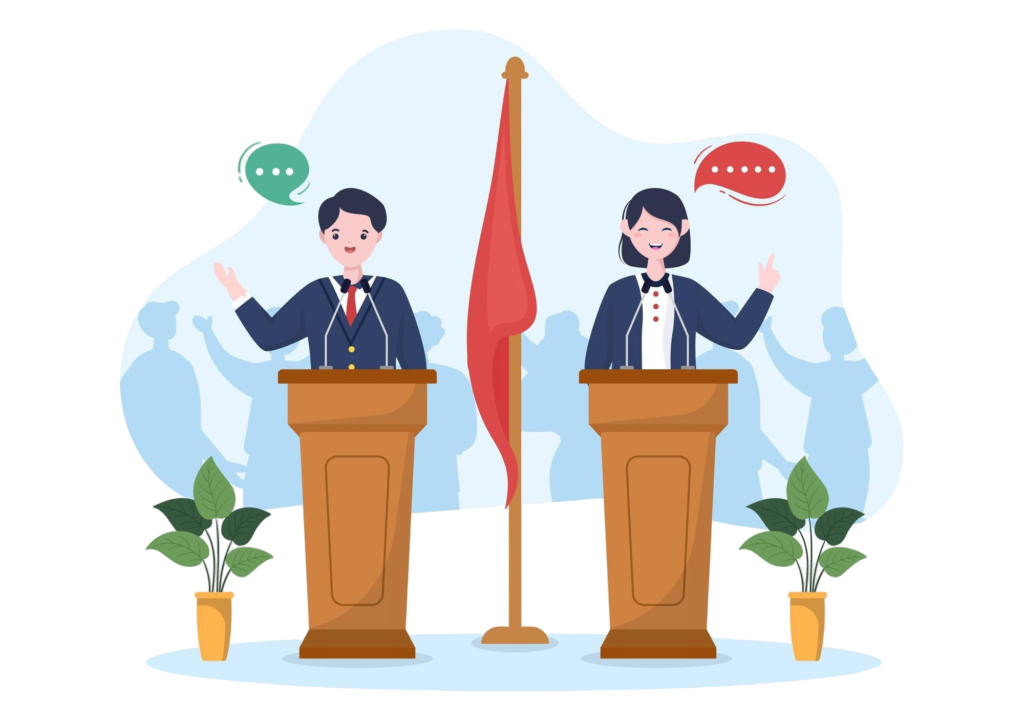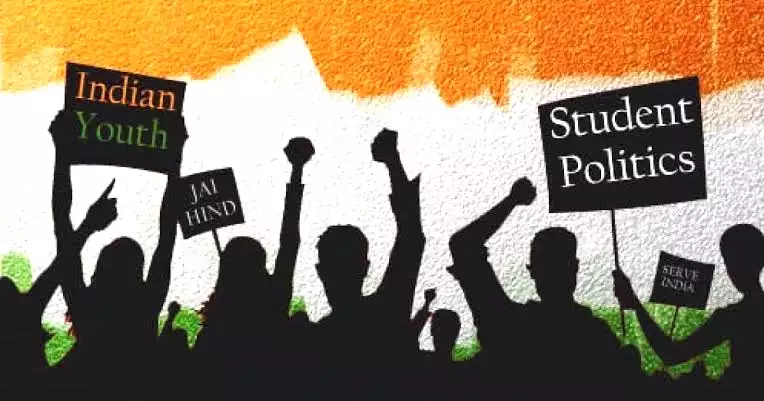The future of any nation lies in the hands of its youth. As we witness rapid technological advancements and social changes, the role of young people in politics has never been more crucial. Youth in politics not only brings fresh perspectives and innovative ideas but also ensures that future generations are equipped to deal with the challenges ahead.
This blog delves into the importance of youth involvement in politics, the challenges they face, and the ways to foster their leadership skills for a more inclusive and progressive political landscape.
Why Youth Participation in Politics is Essential
1. Fresh Perspectives and Innovative Solutions:
Young people have a unique way of viewing the world. Their fresh perspectives can lead to innovative solutions for old and new problems. Youth often have a different take on pressing issues such as climate change, education reform, and digital governance. Their creativity and openness can lead to practical and sustainable solutions.

2. Representation of Future Generations:
Politics affects everyone, but decisions made today will have the most impact on tomorrow’s generation. For policies to be truly inclusive, it’s essential for youth to have a seat at the table to represent their needs, concerns, and dreams.
3. Rejuvenation of the Political Landscape:
Young political leaders can inject enthusiasm and energy into existing political structures. They challenge outdated norms and bring innovative ideas to the forefront. This rejuvenation can help keep the political system dynamic and responsive to contemporary issues.
Barriers to Youth Participation in Politics
1. Lack of Experience and Knowledge:
One of the primary challenges youth face when entering politics is the perceived lack of experience and knowledge. However, this barrier can be overcome through mentorship, education, and hands-on involvement in grassroots movements.
2. Limited Political Power:
Youth often find themselves marginalized in political circles. The traditional political elite tend to hold the reins of power, making it difficult for younger generations to gain traction and influence in key decision-making processes.
3. Financial and Institutional Hurdles:
Campaigning for political office can be expensive, and young people may not always have the financial resources or institutional support to launch successful campaigns. Securing funding, navigating bureaucracy, and establishing networks can be difficult.
The Role of Education in Empowering Youth for Political Engagement
1. Political Literacy:
Teaching youth about political systems, rights, and responsibilities is key to encouraging active participation. A politically aware youth is more likely to vote, engage in debates, and ultimately seek leadership roles within political frameworks.

2. Leadership Development Programs:
Programs designed to nurture leadership skills in young individuals help them develop the necessary qualities to thrive in politics. These programs focus on public speaking, policy-making, strategic thinking, and negotiation—critical skills for any aspiring political leader.
3. Advocacy Training:
Training youth on how to advocate for their beliefs, run campaigns, and influence public policy ensures they’re prepared to step into roles of political power and make an impact in their communities.
How to Encourage More Youth Involvement in Politics
1. Empower through Mentorship:
Mentorship programs pairing young people with seasoned political leaders or activists can provide invaluable insights into the realities of the political landscape. These relationships help youth navigate the complexities of politics while learning practical skills.

2. Encourage Youth-Led Initiatives:
Providing platforms for young people to lead initiatives—whether it’s organizing a local campaign or advocating for youth rights—gives them hands-on experience. Successful youth-led initiatives can also inspire others to get involved.
3. Use Social Media and Technology:
The digital age offers a wealth of opportunities for young people to engage in politics. Social media platforms allow youth to voice their opinions, organize events, and share information quickly and efficiently. Harnessing the power of technology makes it easier for them to stay informed and actively participate in political discourse.
4. Collaborate with Youth Organizations:
Youth organizations focused on civic engagement and political participation are great platforms for learning and networking. These organizations can provide resources, training, and support to help young leaders make their mark in politics.
Examples of Youth-Led Political Change
1. Climate Change Activism:
One of the most notable movements led by youth is the climate change activism initiated by Greta Thunberg and other young leaders. Their efforts have brought global attention to the urgency of addressing environmental issues and have pressured governments to take action.

2. Youth in Local Politics:
Many local political movements have been started by young people advocating for better public services, education reform, or community development. These movements often serve as stepping stones for greater political influence, with youth rising to key positions in government over time.
3. Youth Voter Registration Drives:
Youth-led voter registration campaigns have been instrumental in increasing youth voter turnout in several countries. By engaging their peers and educating them on the importance of voting, these young leaders have empowered their generation to take an active role in shaping their political futures.
The Future of Youth in Politics
The future of politics hinges on the involvement of young people. As they continue to challenge the status quo and demand change, youth will play an increasingly pivotal role in shaping policies, elections, and the political discourse of tomorrow. For societies to flourish, it is vital that young people are encouraged, supported, and empowered to engage in the political process.
Conclusion
Youth in politics is not just a trend; it is a movement toward a more inclusive, diverse, and progressive society. Young people bring energy, innovation, and perspective to the political sphere, and their participation ensures that politics remains relevant to future generations. By empowering youth to engage in politics, we create a better, more just world for everyone.

